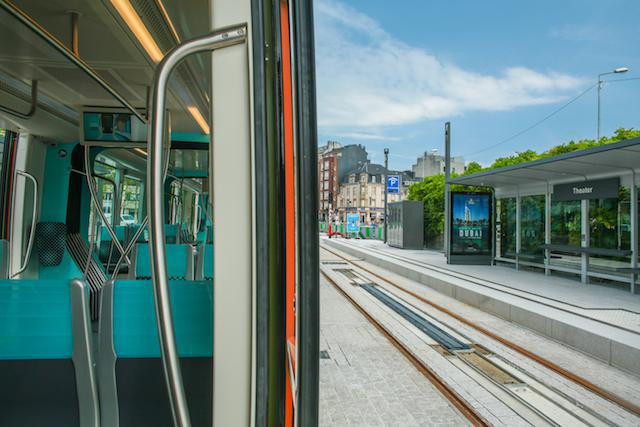Most of us are taking this covid-19 crisis one day, even one hour, at a time. We’re concerned about our families, loved ones, the elderly and vulnerable in society, the healthcare workers on the front line. We have worries about our reserves, anything from food to finances. These are concerns the vast majority of us are probably sharing. Of course, it is undoubtedly more dire for those who are ill, as well as their families.
Hard as it is, I’ve been trying to focus on some of the positives, to try and project forward about what the world might look like when this health crisis is over (let’s hope sooner rather than later).
It will be interesting to see how this health crisis--catapulted onto us, without any warning (at least not one we wanted to hear, as long as it wasn’t on our doorstep)--may force us to see the climate crisis in a completely new light.
Changes, for better or worse
Already in 2018, two full years ago, Greta Thunberg started spending her days protesting for climate action outside the Swedish parliament. She has been relentlessly trying to wake up the public to the crisis at hand, which often feels as if it has fallen on deaf ears. She tried persuading governments to understand the sense of urgency, and to better cooperate, but not all were listening.
Europe has made it an aim to be climate-neutral by 2050. This means its objective is to have an economy with net-zero greenhouse gases by 2050. Two years ago, I would have questioned whether this was actually possible. Last month, however, the world’s largest carbon emitter, China, witnessed around 25% reduction in its emissions, due to a decline in travel as well as a drop in industrial production. Financial Times notes that the estimated 200m tonnes in the four weeks preceding 1 March “has wiped out the equivalent of the UK’s carbon emissions over six months”. Of course, household energy consumption will rise, as people are working from home. What will be the net effect across the globe, given the travel bans across Europe, the US and elsewhere?
In normal circumstances, we may have expected a rebound; however, we know airlines are on the brink of collapse, asking for government bailouts. Until the covid-19 crisis, many of us in Luxembourg have been privileged, happily flying around for one, two or more holidays annually. This will undoubtedly change in the short-term, if not over a longer term.
On the flip side, I see the intersection of the health crisis hurting initiatives already in place. In Luxembourg, free public transport now means giving bus and tram drivers plenty of space, and users may resort to cars as a way to keep a safe distance from others. In my hometown in the US, which was one of the few cities to take the lead on a proper plastic ban (in a state where a comprehensive ban was actually not allowed) the council has, since the covid-19 scare, exceptionally once again allowed for the single-use plastic bags, in a bid to protect consumers. What will be the end net effect of this all?
A sense of urgency
If nothing else, I hope we can learn something from the covid-19 crisis: not only for each of us to appreciate and better use--even get creative with--the resources we already have, but also for companies to take note of the potential impact telework might provide. None of us want to be working housebound for the rest of our lives, but what would be the environmental impact if a company allowed, say, one day of telework a week?
It’s also promising for the climate crisis that, in the midst of the covid-19 crisis, countries have been forced to work together--often despite their dissimilarities. Some countries may have been slower to act than we would have liked. We didn’t think what happened in China could happen to us, at least not until it hit Italian soil--a fallacy of the climate crisis too. Certain US states seem to be taking this lesson to heart, acting earlier than the public anticipated, even if the US president hasn’t exactly led on the initiative.
But once the sense of urgency from the health crisis is gone, how will we act? Will there be the same sense of urgency to work together to tackle the climate crisis?
